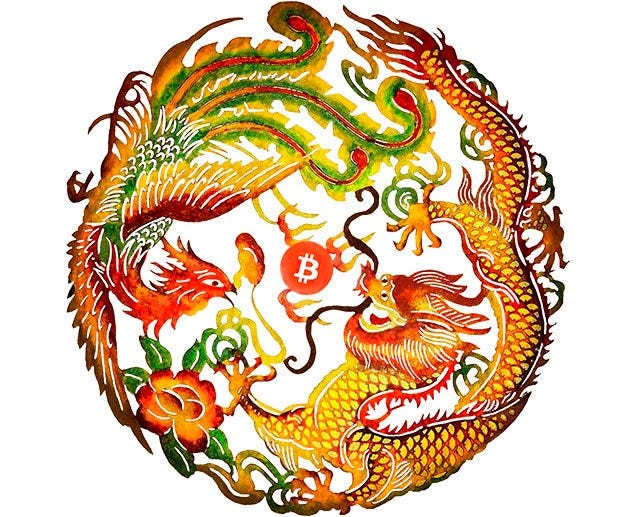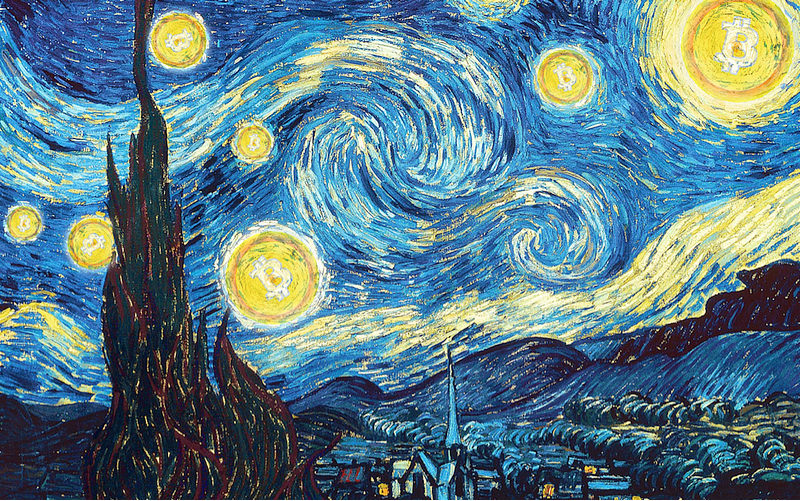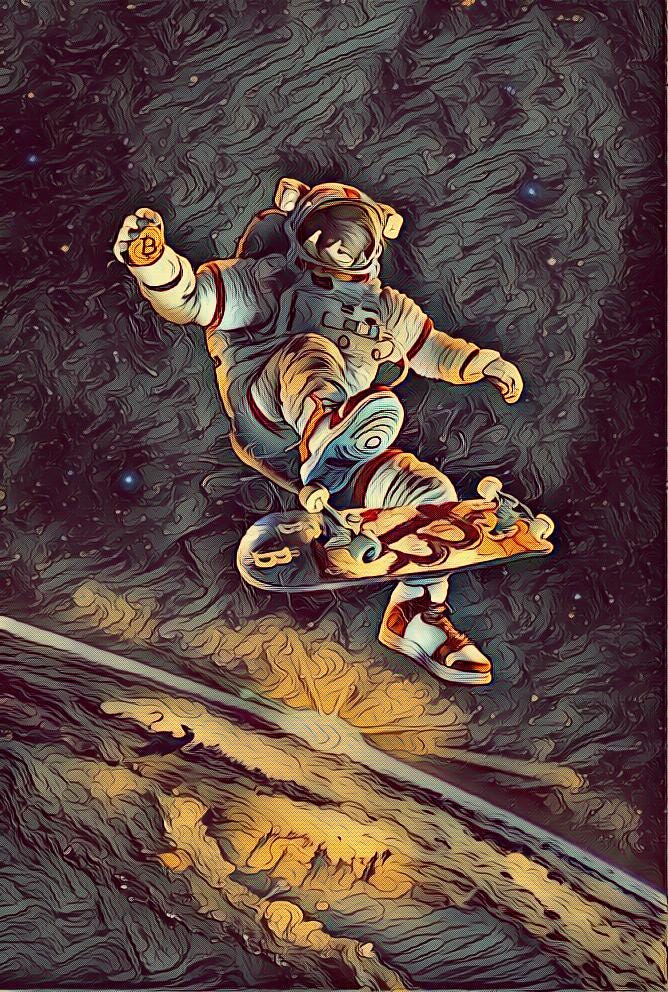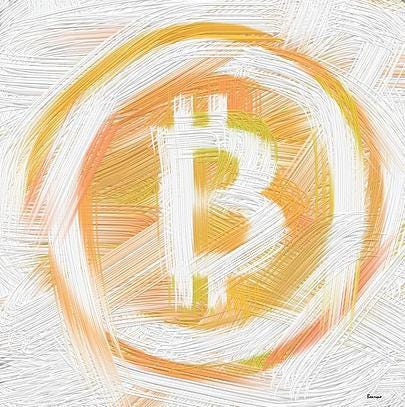Blockchain And The Economic Revolution

This podcast has been dedicated to recounting, in good detail, what bitcoin is while connecting its bizarre fragmented array of mainstream headlines, PhD analysis, creative interpretations, and its role in the evolution of money.
To summarize all that has been covered so far on this series:
- Bitcoin is — first and most importantly — still around. It still exists.
- Did the dreaded Bitcoin bubble break yet? Kind of, not really, it depends…
- Trading right below $6 and half thousand USD to BTC, Bitcoin is down from its 52 week high during December of last year, when it was trading at nearly $20 thousand.
- Bitcoin is still the same cryptography-based, self-sustaining, idealistic form of money, whose creator…nobody knows. Its underlying value has yet to change all that significantly from when it was priced at $20 thousand.
- Bitcoin is the next iteration in the long evolutionary timeline of money.
- Money has been around for so long, it predates human language and it even predates art. Money has a history spanning tens of thousands of years. Yet in all its history, money has passed through only five distinct stages of form and function:
1 — Shells, feathers, beads, etc.
2 — Precious metals like gold and silver
3 — Government controlled fiat, initially backed by the full faith and credit of the gold standard.
4 — Fiat currency 2.0. Backed by the full faith and credit of the U.S. government, goodbye gold standard.
5 — Cryptocurrency. A form of money which, being more like a software program, is backed by code, cryptography, and the full faith and credit of you, the people who use it. All of you. Millions of you. Possibly even billions of you.
Bitcoin is comparable to what Facebook represents for the social experience, what Uber represents for transportation, what Airbnb represents for travel accommodations. Instead of currency like how you’re used to, which is a form of money backed and issued by government, crypto is a form of money backed by a network. It’s decentralized so it’s literally powered by millions of other system users just like you, from all over the world. Bitcoin is not money for the internet. It’s an internet of money. And what is money again? Money is a language, the language we use to express and communicate value. Money is a productive tool for facilitating exchange in an objective, emotionless way. Instead of killing each other for things, with money, we can just pay each other.
For the next few episodes of this series, I’m going to dig into the backbone of it all: the economy. The following episodes will focus on Bitcoin and its relation to modern economics, which can be thought of as the source code running the software program of modern life.
Ep 4: on Economic Revolution:

// Summary of Ideas:
- Symbol for economic revolution, but not a literal call to rise and revolt against. It’s like a revolution but without the violence, destruction and collateral damage. A peaceful, voluntary revolution.
- The universe made biology but it didn’t make money, nor did it make the laws of economics. Humans did. And we’re making up these concepts of money, value, exchange, time, etc. as we go along, in attempt to find order in this naturally chaotic universe.
- Economists mentioned in this episode: Adam Smith, John Maynard Keynes.
- Bitcoin was created out of the wake of the 2008 financial crisis, giving it much greater symbolic weight than what appears at first glance.
Included at the end of this episode, are quotes from another podcast — Must Triumph. You will hear the show’s creator Sam Yang run through the economics of our system, the way it was intended to function vs. how it’s actually functioning. For more of Sam’s work, listen to the Must Triumph podcast wherever you normally listen to podcasts or at MustTriumph.com.

Bitcoin Kickflip Astronaut
Disclaimer: The opinions voiced in this material are for general information only and are not intended to provide specific advice or recommendations for any individual. To determine which course of ...
more



